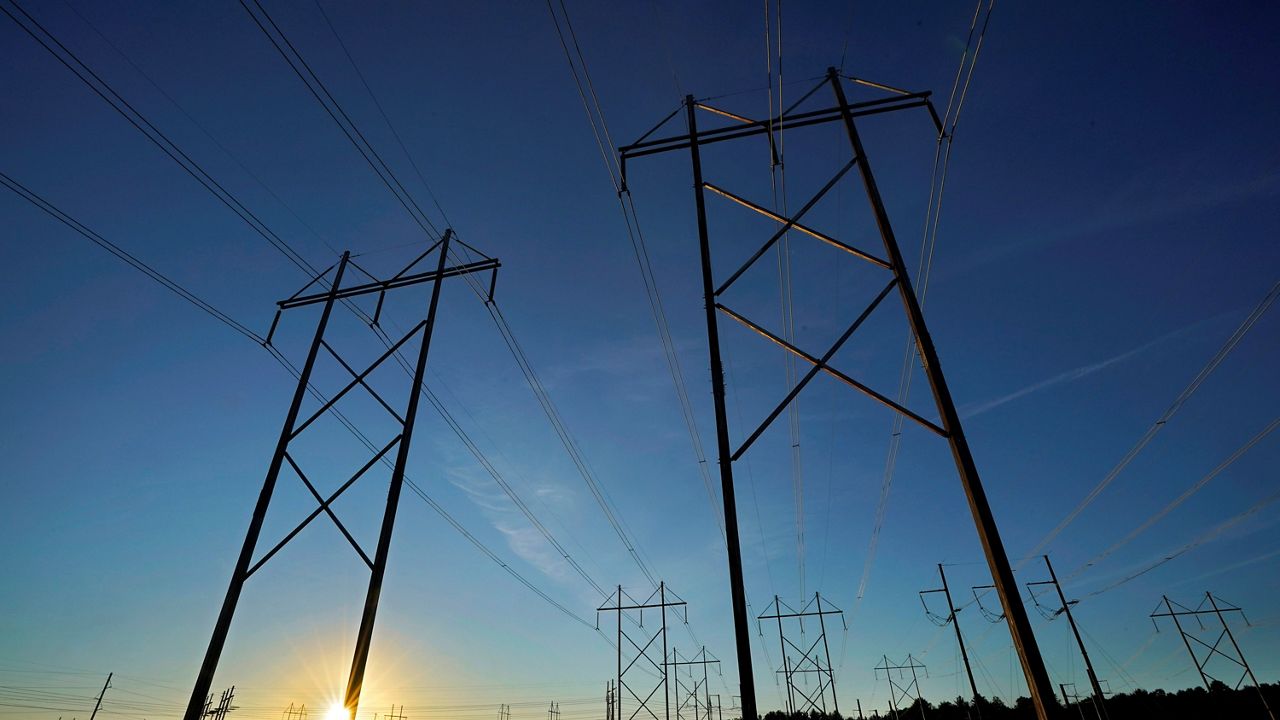A bill from Gov. Janet Mills focused on accountability measures for Central Maine Power and Versant Power drew hours of testimony at a legislative hearing Tuesday, with critiques, support and calls for changes from all corners.
CMP leaders, including CEO Joe Purington, testified against the bill — as did supporters of a plan to replace CMP and Versant with a consumer-owned nonprofit. Backers of the governor’s bill, including legislators, utility customers and both environmental and business advocates, characterized it as direction to the PUC on holding the utilities’ feet to the fire as costs increase.
Public advocate and former Mills energy advisor Bill Harwood helped write the legislation. He said it would strengthen whistleblower protections for utility employees, make financial penalties for the companies more effective by separating them from rate-making, and allow higher fines.
The bill also includes a pathway to requiring that a different company step in to replace a failing utility, and it requires that regulators consider a consumer-owned model as one alternative. Harwood, who was recently confirmed to the advocate role after a long career that included work as a utility lawyer, said this strengthens an existing last resort the PUC already has.
“This is a dramatic remedy – this is the shotgun behind the door that you hope never has to be used, but it’s there if you need it,” he said. “This (bill) lays out a more detailed process which I think gives the utilities additional pause.”
CMP officials said they feel they’re already getting clear messages through PUC fines and metrics to improve performance from what they described as the lows of 2017 and 2018, and said they can continue to do so without additional scrutiny or increased potential penalties.
The bill would also require periodic report cards for utility performance and would emphasize work on climate change and lowering carbon emissions. That’s one reason that groups like Maine Conservation Voters supported it, with caveats.
“The current mismatch between utility incentives and consumer needs is hindering our progress toward urgent clean energy goals,” MCV lobbyist Beth Ahearn said. “The legislature has the opportunity and obligation to provide clear, forceful direction and give the PUC courage to take bolder action.”
Tony Buxton, the general counsel of large-scale energy-using Maine businesses known as the Industrial Energy Consumer Group, supported the bill as an “intensification of existing authority” but called for changes that would focus it more on limiting costs for ratepayers like his group.
Buxton said the utilities should have been pushed, for example, to more strenuously oppose the state’s 2019 net energy billing law, which has led to a glut of solar proposals that have created regulatory logjams. Buxton and legislators disputed whether this will raise costs for consumers.
Lawmakers and those who testified also debated whether existing PUC rules already covered issues like those in the governor’s bill, or whether the reforms would overstretch the commission’s already heavy workload.
State Sen. Rick Bennett, a Republican from Oxford who supports the consumer-owned utility plan and helped lead the charge against CMP’s now-stalled western Maine transmission line, called the governor’s proposal “fatally flawed.”
“The real disservice of this bill is the false hope it offers at a time when Mainers need something real,” Bennett said. “We need to restore honesty and trust in our electric system and our political system. We will not achieve this through dilatory half measures.”
The legislature’s energy committee could craft major amendments to the bill at its work session. Meanwhile, the PUC recently kicked off an investigation into how profit-driven management by CMP’s owner Avangrid may be affecting Maine customers.
Also still in flux is the consumer-owned utility proposal whose organizers opposed Mills’ bill. That plan would require the PUC to find the utilities unfit to serve and to direct them to sell their assets to a new consumer-owned nonprofit, with an elected board.
A bill on the issue passed the legislature last year but Mills vetoed it. Its organizers are now gathering petition signatures to get the proposal on the ballot as a citizen referendum in 2023.



